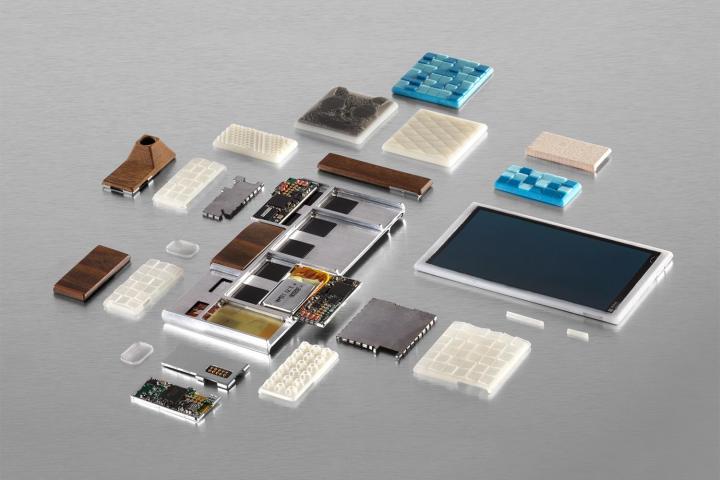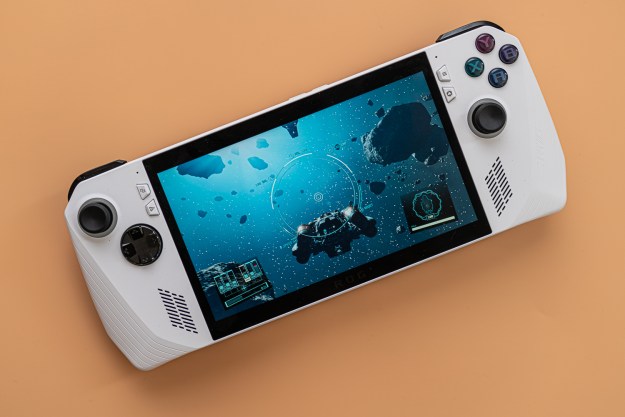Recently, word got out about the Framework Laptop, a device that comes with a whole host of modular components that let you upgrade and change the laptop as you see fit. It’s a wholly unique approach to modern laptops, and the start-up involved has some bold claims about the benefits of such a device.
Sustainability is the name of the game. The longer you can continue to use and update a device, the less electronic waste there will be. Now, there’s something we can all get behind.
This niche product likely won’t change the direction of the tech industry — nor will any other modular device. But there are some important lessons larger manufacturers can learn about how seriously it should take the problem of sustainability.
Modular gadgets have never worked

Reducing waste and prolonging the life of everyday products is a noble and necessary goal and one that urgently needs broad adoption. But a modular laptop is not the answer for the large shift the industry needs.
Modular gadgets have a history of promising the world in terms of upgradability and future-proofing, which in theory would be good for sustainability efforts. But one only needs to look as far as the Fairphone, Project Ara, the LG G5, or any of the other modular smartphone projects that have gone nowhere.
The main problem? Most people simply want a device that works. One that they don’t have to think too much about.
Confront the average person with a modular laptop, where they need to know which part needs replacing, what to replace it with, and how to install it — and they will run in the opposite direction. Ask yourself if your parents would be happy doing that.

Not only are modular devices complicated, but they have other problems too. Every time you compromise the main laptop chassis — that is, every time you add a new modular point to the body — you add a new weak spot, a new potential point of failure. Ironically, this could shorten the lifespan of the laptop that you were promised would last longer.
So no, a modular laptop made by an independent company won’t fix our sustainability woes. But there are some important lessons we can take away that larger companies can and should take more seriously.
Finding a way forward

Simply put, sustainability needs to be straightforward and standard, not complicated and expensive. Instead of offering those who want to do their part a confusing modular laptop that presents far too many options, comprehensible only by the tech-savvy elite, the default must be sustainable. Laptops need to last longer without requiring convoluted upgrades. They need to be less energy-intensive and wasteful to make. And they need to be easier to repair or recycle when the time comes.
There needs to be a lot more pressure on companies to show how repairable and sustainable their devices are. Apple recently started doing this, but only in France, and only because local legislation forced its hand. If that legislation did not exist, Apple would have happily kept these figures secret (and Apple is one of the better companies when it comes to sustainability). Publicly showing the repairability of its products will likely shame any company into improving its practices, but few are going to do it without being forced to.
But there is a bigger problem. Post-consumer electronic waste — the type the Framework Laptop tries to address — represents only a fraction of the total electronic waste in the world. The vast majority comes during the manufacturing process.
For so many companies, the profit motive is too strong and too tempting.
Take the Chuquicamata mine in Chile, one of the largest copper mines in the world. It only needs to operate for 12 hours before it has generated more waste than the entire Chilean nation creates in post-consumer e-waste in a year. Projects like the Framework Laptop can never solve that, and it is this area that our energy should be focused on.
Hardware is only one side of the coin — the other is software. What use is a rock-solid device that will physically last eons if software support is rapidly discontinued? Android smartphones are notorious for this, with many only coming with full support and updates for two years despite price tags of upwards of $1,000. Many do not even get that. This creates a situation where users are encouraged to throw out perfectly functional devices and buy new ones, adding to the mountain of waste already littering the planet.
And that cuts to the heart of the problem. Ever-increasing drives for more sales, more users, and more money are fueling an environmental crisis. For so many companies, the profit motive is too strong and too tempting, and sustainability concerns are a distant second.
Modular laptops won’t solve the sustainability on their own, but they call out just how bad most companies are at this. Until they start taking these concerns more seriously, we’ll need projects like Framework Laptop to continue to pop up and raise attention to this important issue.
Editors' Recommendations
- Dual-screen laptops is the idea that just won’t die
- Shortage of laptops and PC components won’t be cleared until 2022



